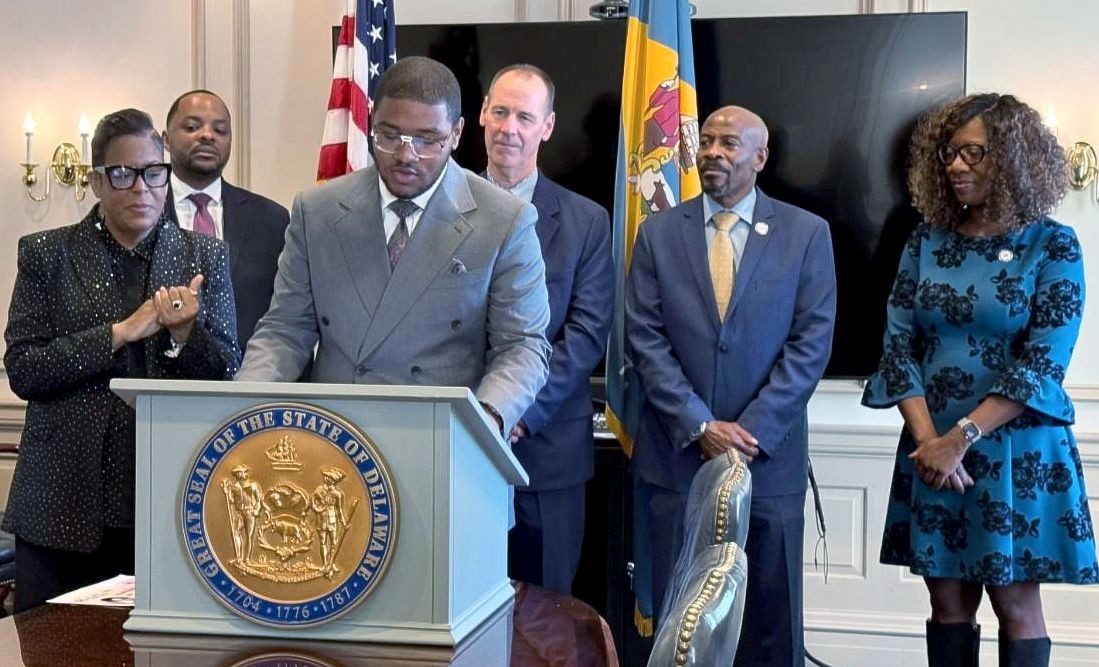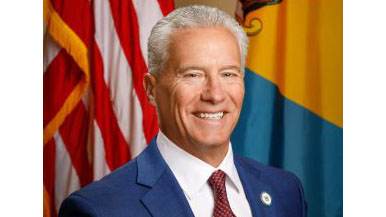By State Rep. Bryan Shupe
The recent court decision overturning a law that had unjustly encroached on the constitutional right of young adults to defend themselves with a firearm is the latest in a series of actions by state officials overstepping their authority.
Here is a partial list of state laws and regulations that have been enacted or adopted since our state came under one-party control in 2009, and which were subsequently defeated through litigation:
- No Excuse Mail-in Voting & Same Day Registration – (2022)
- Early Voting & Permanent Absentee Voting – (2024)
- Age Restrictions & Hunting Supervision (HB 451) – (2025)
- State Park Gun Restrictions (regulation) – (2017) Struck down longstanding Department of Natural Resources and Environmental Control (DNREC) and Department of Agriculture regulations that completely banned firearms in state parks and forests, except for hunting with written approval.
- State Park Follow-up Gun Restrictions (regulation) – (2018) DNREC and the Department of Agriculture drafted new, more limited firearms restriction regulations in early 2018. The new rules cited campgrounds and lodgings as “sensitive areas,” restricting firearms in these areas. The revised regulations also permitted law enforcement to demand ID or a permit and run background checks without reasonable suspicion. A Delaware Superior Court judge ruled that these provisions still violated portions of the U.S. Constitution and the Delaware State Constitution.
Additionally, I would argue that allowing state officials to usurp the spending decisions of private, non-profit hospitals (House Bill 350) and a state regulation imposing electric vehicle sales mandates on car dealers are also constitutional violations.
The former is currently being challenged. In late May, the Delaware Court of Chancery ruled against the state’s motion to dismiss a lawsuit filed by ChristianaCare over House Bill 350.
At the time, Brian Frazee, the President & CEO of the Delaware Healthcare Association, said the decision recognized “the stark difference between oversight and overreach. House Bill 350, which created the Diamond State Hospital Cost Review Board, was inspired by a failing Vermont model…The law authorizes a state-run board to step into local hospitals’ private governance to control their hospital budgets. [This] opinion shows that this law raises significant constitutional questions.”
Other state laws continue to be contested in the judicial branch.
For more than a decade and a half, our state has been subject to a political trifecta, with both chambers of the General Assembly and the governor’s office under the control of a single party. As the previously cited court cases attest, it has not served us well.
When one party rules, regardless of which party that is, there is no longer a need to build consensus, consider alternative perspectives, or compromise. Worse, it leads to an operational arrogance, where “inconvenient” laws and procedures are ignored because there is no fear of punishment or accountability. In one case I recall vividly, during a debate on the House floor when a member of the majority was informed that her bill was unconstitutional, she replied, “Sue me.”
Many individuals and groups have taken up that challenge and successfully pursued court action, but that is more tragedy than virtue. It is a sign of deep systemic dysfunction that anyone should have to spend massive amounts of time and treasure in legal actions to undo the abuses of lawmakers and regulators.
















